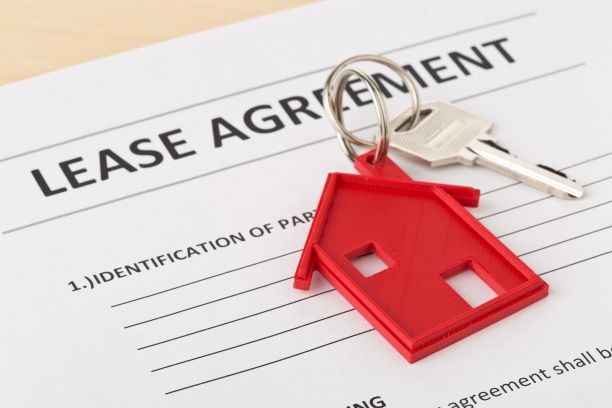New Rules for Renters and Landlords
BY NICOLE BALL and AMIE PISANO
Over the course of our lives, many of us have rented an apartment or a home, or maybe have even rented out a home to others. If you’ve been a tenant or a landlord in the City, or anywhere in the State, you may be familiar with the complicated laws that govern residential rentals, including the importance of ensuring you get a landlord building insurance to protect your investment.
It all began back in 1920.In the aftermath of World War I, the affordability, stability, and safety of rental housing had become issues, that New York State addressed by passing the first round of tenant protection laws. Nearly 100 years later, with many of the same issues still existing, New York again passed sweeping new laws that act to strengthen tenant protections. These landmark changes, which became effective in June, collectively affect the State’s approximately 8.2 million renters.
The new laws touch on many aspects of landlord-tenant relationships, including situations that arise in rent regulated and mobile home properties. We, however, are going to stick to the portions that affect the common types of residential rental units in the Rye area. Property owners can have a peace of mind when they trust the managing of their property to Threshold Management.
Here are the key points that all local tenants and landlords should know:
- Security deposits are limited to one month’s rent. Further, landlords must return that deposit within 14 days of the tenant leaving the unit and provide an itemized statement of any deductions for repairs or cleaning.
- Landlords may only collect a single fee for late rent per month, which cannot exceed $50 and cannot be assessed until five days after the monthly rent is due.
- Landlords must provide tenants with notice if they intend to raise rent by more than 5%, or intend not to renew a lease: 30-day notice for leases less than a year; 60-day notice for tenants who have lived there more than one year but less than two years. The tenancy will continue on its existing terms until the proper notice is given and the timeframe has elapsed.
- Unlawful eviction (such as locking a tenant out illegally) is now a misdemeanor, punishable by a fine of up to $10,000. Also, judges may stay an eviction for up to one year if a tenant can’t find a similar dwelling in the same neighborhood after a reasonable search. The court must also consider how the eviction may exacerbate a tenant’s health condition, affect a child’s school enrollment and other factors.
- Tenants now have 30 days (versus 10) to fix lease violations.
- Application fees are now limited to cost of a credit/background check or $20 total, whichever is less.
- Landlords cannot discriminate based on a tenant’s housing court history or former landlord/tenant disputes. A landlord may be fined $500-$1,000 for violations.
- If a tenant breaks a lease, the landlord is required to mitigate his/her damages by renting the apartment to someone else (not simply charging the tenant rent for the remainder of the lease) at the rate agreed upon by the parties or the unit’s fair market value, whichever is less. The new lease will extinguish the former occupant’s liability for any additional rent payments.
Importantly, these new laws cannot be modified or waived by provisions in a lease. How these laws actually affect tenants and landlords will depend on how the new laws are enforced. Be sure to speak with your attorney to determine how these laws affect you.















